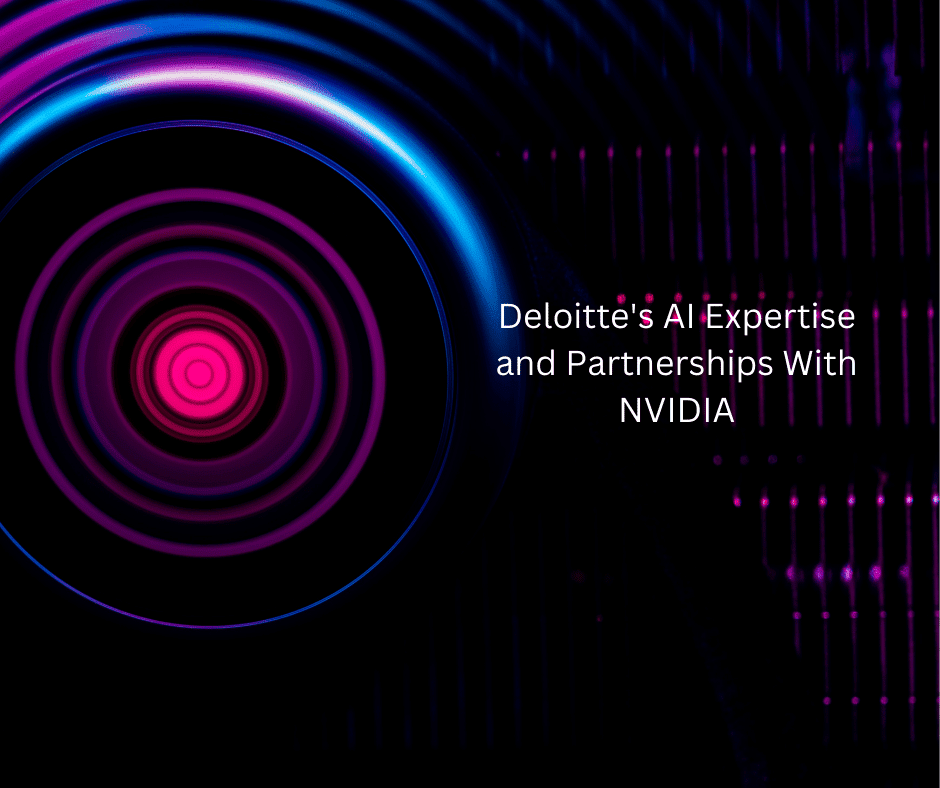Elon Musk's proposal to integrate AI with DOGE into federal spending could reshape how government finances are managed. By using AI to cut waste and optimize budgets, the initiative promises increased efficiency. Yet, you can't ignore the looming concerns over data privacy and potential biases in AI systems. As these discussions unfold, you might find yourself questioning what this means for the future of government spending and oversight.

What does Elon Musk envision for the future of artificial intelligence and the Department of Government Efficiency (DOGE)? Musk aims to revolutionize how federal systems operate by integrating AI to streamline processes and enhance efficiency.
With the development of AI coding agents, the expectation is that these tools can automate routine tasks and centralize sensitive data, such as government contracts. However, this ambitious vision raises significant concerns about privacy and cybersecurity. You might worry about the aggregation of personal data without consent or the risk of data leaks due to automation. Notably, Musk has expressed skepticism regarding the financial backing of the Stargate initiative, which aims to significantly enhance AI infrastructure. Predictive modeling in educational data mining could serve as a useful framework for improving the efficiency of data handling in federal systems.
The DOGE is spearheading this AI integration effort, feeding sensitive data into AI software to identify potential spending cuts. On the surface, this sounds promising for optimizing government spending, but you must consider the implications. Experts caution that using AI this way may lead to errors and increase vulnerability to cyberattacks.
Legal hurdles have also emerged, as a judge has restricted DOGE's access to specific payment systems, complicating their mission.
As you look at the impact of AI on federal spending, it becomes clear that while the goal is to pinpoint areas for cost reduction, the execution isn't straightforward. For instance, the use of AI tools in the Department of Education could lead to cuts that disproportionately affect vulnerable groups, like disabled students.
The reliance on data-driven decisions might mask underlying biases in AI models, potentially skewing funding allocations. Musk's vision reflects a broader "AI-first strategy" in government, bringing both opportunities and risks. You might appreciate the efficiency gains but can't ignore the pressing concerns about security and privacy.
AI tools, while innovative, can generate inaccuracies and expose sensitive information, making it essential to navigate these challenges carefully. The regulatory landscape for AI in government is also shifting, and what you see now could change dramatically.
As the public becomes more aware of AI's role in spending decisions, resistance could grow, leading to further scrutiny of how these systems operate. Ultimately, Musk's efforts to blend AI with DOGE could signal a transformative shift in how the federal government manages its resources, but it's crucial to remain vigilant about the pitfalls that come with this technological leap.









